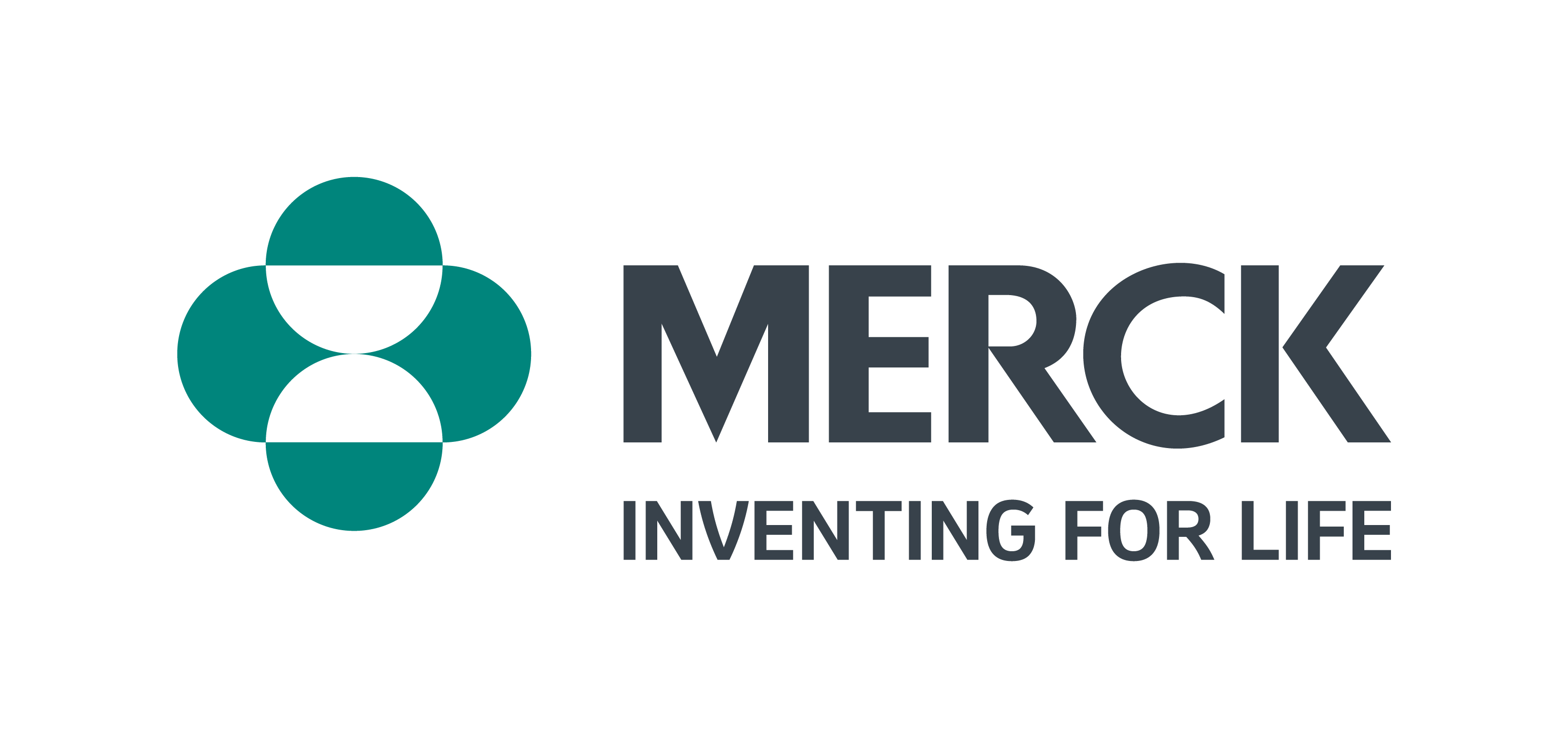Closing Critical Gaps in Family Planning: What I Learned from Three Youth Champions
by Mary-Ann Etiebet, MD, MBA, Executive Director, Merck for Mothers

Originally published on HuffPost
Family planning is widely cited as one of the “best buys” in global development, a relatively low-cost, high-impact intervention offering transformational benefits to individuals, their families and communities. In low- and middle-income countries, where pregnancy is the leading cause of death among girls aged 15 to 19, increasing access to and uptake of modern contraceptive methods among adolescents can save lives. And yet meeting the reproductive health needs of young people remains a persistent challenge.
Recently I had the opportunity to meet with three youth champions working in and around Nairobi to empower young people to take charge of their reproductive health. All three individuals – Ann Mitu, Mary Wanjiku Mwangi and Francis Shawn Wambua — unexpectedly became parents at a young age. Their insights reinforced for me that in order to bridge the access and service gaps, and reach targets set by the FP2020 movement, we will need to ensure that the specific needs of adolescents are understood and addressed.
Here are some highlights from our conversation:
Q: What are the greatest challenges you face as an advocate for youth and family planning, and how have you worked to overcome them?
Ann: One challenge is convincing young mothers that their life dreams are still valid. There are so many teenage moms. We encourage them to return to school, to stay in school and get that certificate. But there is a stigma, and they are ashamed. Many have run away from home. I had my son when I was 19. My baby’s Daddy was supportive, but he passed away. I had to hustle to sell things on the street to survive. For two years I felt lost. So I know what it’s like. It’s why I started Young Mothers Africa, to empower my friends. I tell these young mothers, you may not have planned for your first one, but you can plan for your next one.

